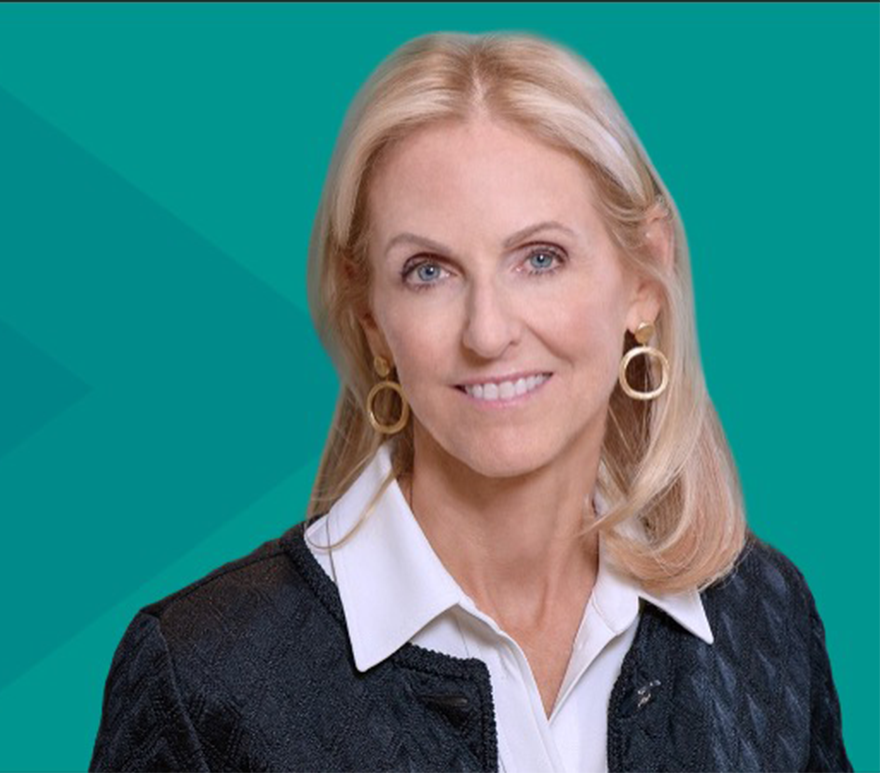For Annie Lamont, assessing which companies to invest in starts at the top. She is a firm believer that leaders set the tone and culture of an organization. And in healthcare, she says, it is critical that they embody the mission of lowering costs and improving quality of care.
“The most important thing in any one of my companies is the CEO and the team they recruit,” Lamont told Oliver Wyman’s Sam Glick during a conversation at the 2021 Oliver Wyman Health Innovation Summit. “Yes, they want to make money as an entity and to be a successful entity they need to make money, but is the mission really to change things in healthcare and to better people? And if they don't want that, if you don't get a sense that that's their number one mission and goal … then we're not interested.”
In this podcast, Lamont, co-founder and managing partner of venture capital fund Oak HC/FT, shares her insights on where healthcare is headed, including the tremendous opportunities that exist in outpatient and home care. She and Glick also unpack the importance leadership plays on a culture and an organization’s success.
Listen to the Podcast
Lamont co-founded Oak HC/FT in 2014 after building a strong reputation in the VC world. At the time, she was one of the few women to run a major fund. In fact, Oak HC/FT’s first funding round of $500 million was the largest ever raised by a female-led firm. Although there’s been some progress since then, a significant gender gap still exists, with most estimates putting the number of female partners in venture capital firms at around 12%.
Still, Lamont is optimistic that more women are moving into venture capital. We asked for her thoughts on creating more diversity in the industry.
What kind of changes have you seen over the past few years in terms of women moving into VC?
There has been a sea change in the number of female VC’s and entrepreneurs. I attribute it to a confluence of factors: A) A generation of women who feel empowered and want to be leaders and change the world; B ) An industry that woke up and was pushed by LP’s (many of the LP leaders are female and BIPOC) and C) Existing VC’s own sense of responsibility to change the composition of their funds. With more entrepreneurs being women and more focus on consumer businesses, diversity in the VC ranks is also a pragmatic move. We still have a long way to go to fully represent women and minorities, but the last five years is an inflection point.
You talk about the importance of culture and leadership in the firms in which you invest. Are diversity and inclusion in the C-suite important factors?
Culture starts with the values of the CEO, ethics, intellectual honesty, curiosity, and with a problem-solving orientation. Diversity leads to more thoughtful decision making and says something about the values of a firm. If the board and leaders of a firm lack diversity it is often hard to attract the best talent. We are in a talent war and if leadership doesn’t value it then they won’t be hiring or attracting the very best. Diversity is not only one of gender or color but also of background and skill sets.
What actions should organizations take to ensure they have a larger and more diverse pool of candidates, especially for senior leadership roles?
Every search should include people of diverse backgrounds, but it is a mistake to compromise who you hire to hire someone that isn’t the best fit for the job. It tends to create turnover that backfires. In our own firm, we were having a hard time through traditional recruiting channels hiring women. We found that through networking with women that we began to mine a rich vein and once we got into a slipstream of strong candidates, one referral brought another. When women see that you have a strong diverse culture of other great women, they are much more likely to want to work with your firm. Now we need a little diversity by adding a few more men at the associate ranks!
BIPOC candidates are in such great demand right now that they are the most challenging to attract and hire but their ranks and experience in the industry will be growing; I am excited to see a broad deep pool of candidates over the next decade.


